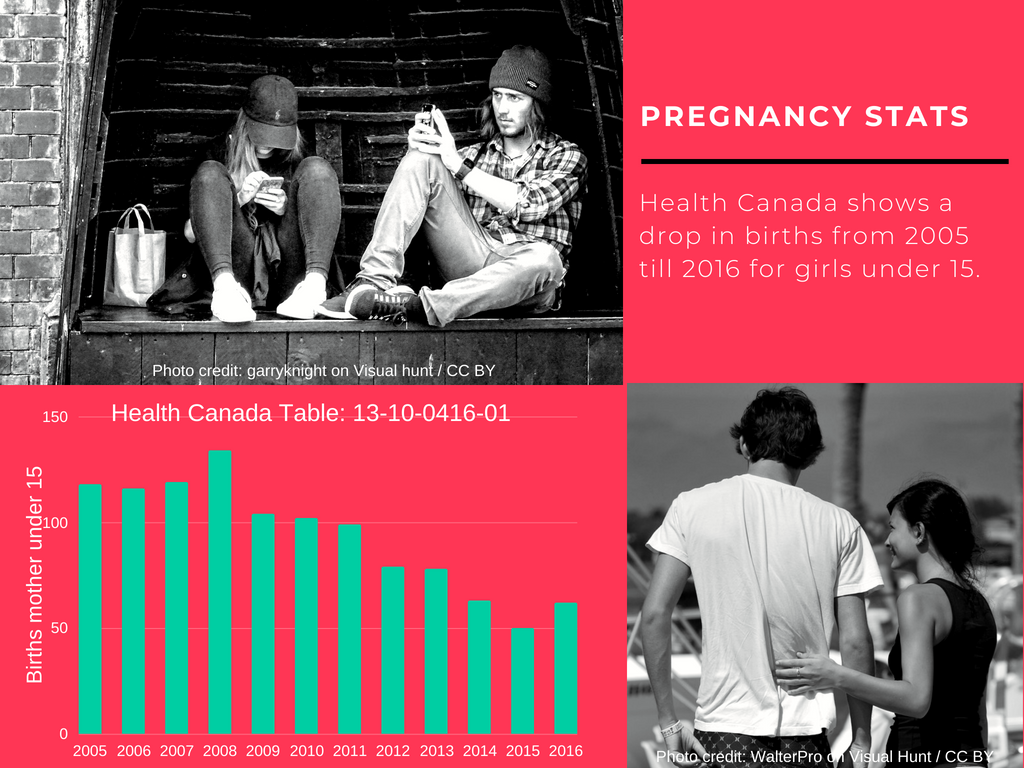July 13, 2018 (Montreal, QC) – While children across the country enjoy the last days of summer, school board officials and teachers in Ontario are already preparing for changes coming this fall.
The new provincial government, led by Premier Doug Ford, is reverting Ontario’s Health and Physical Education Curriculum (which includes sexual education) to a version first introduced to school-aged children in 1998. Ontario students will no longer have easy access to information about masturbation, same-sex marriage or gender identity issues, all of which were identified by parent groups as being the most controversial topics from the Ontario curriculum from 2015 until now.
“I think it’s going to impact the kids terribly,” said Ingrid Mason, a retired elementary school teacher from the Lambton Kent District School Board in southwestern Ontario.
Mason stressed that having an educator, such as a public health nurse, in classrooms to discuss sexual orientation and gender identity issues can help parents who are uncomfortable having these types of conversations, and she alluded many parents are.
“The current sex education program was a step toward providing a much more healthy atmosphere for discussions on matters relating to sex,” said Carolyn Egan, spokesperson for the Ontario Coalition for Abortion Clinics (OCAC) which is part of the Abortion Rights Coalition of Canada. She went on to lament about how the curriculum change is a move backwards and a reflection of a larger political context across North America. “It’s worrying for all of us,” Egan said.
At another Ontario youth social services organization called Jessie’s Centre which helps teen parents, Sinéad Dunphy, Coordinator of the Community Education Program was similarly concerned about the ramifications of the curriculum changes about to take place.
“Most of our clients share they hadn’t learned information around their sexual health that they would have wanted while they were in school and that contributed to some of them getting pregnant. They didn’t know, for example, you had to wear protection during your period and that you could actually get pregnant,” said Dunphy.
Meanwhile in Quebec, sex education will be reintroduced as an official part of the curriculum for all elementary and secondary students this fall after a 10 year lapse. “We haven’t had a program of sex education for a long time,” admitted a Vice-Principal from the English Montreal School Board who wished to remain anonymous.
Quebec students will learn about topics ranging from fighting homophobia to respecting sexual diversity to promoting a healthy body image as early as kindergarten right through to the end of high school.
What do the kids think about the sex education in schools? Ishmael Abdullah, a 13-year-old student entering Secondary II at Montreal’s Loyola High School, seemed apathetic, “You don’t need to be taught by teachers to know what sex is.”
Danielle Turenne, a mother of five who lives in Gatineau, acknowledges that sex education goes beyond the classroom, but that having it as part of the school curriculum is important: “I wouldn’t say kids learn everything they need to know about sex and sexuality from those classes but it’s good to have the conversation started.”
Back in Toronto, Dunphy is still preparing scheduling sex education sessions for the fall.
“Teachers won’t be explicitly banned from talking about issues like consent, even if it’s not directly in their curriculum. Those who are really dedicated to making sure their students have comprehensive LGBTQ+ inclusive sexual health information will continue to book us,” Dunphy said hopefully.
“Other teachers?” She wondered aloud, “I’m not sure; we’ll see.”
For more recent and inclusive sex education information, you may want to consider the following publications which are available in digital and print…
Kuklin, Susan. (2014). Beyond Magenta: Transgender Teens Speak Out. Candlewick Press
Roberts, Jillian. (2015). Where Do Babies Come From?: Our First Talk About Birth. Orca Book Publishers
